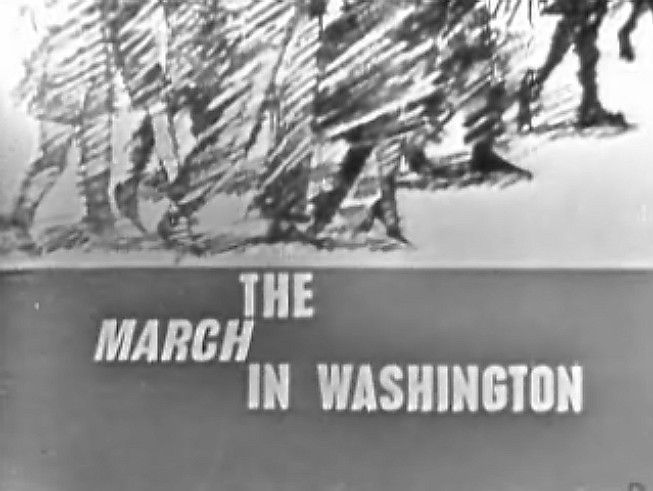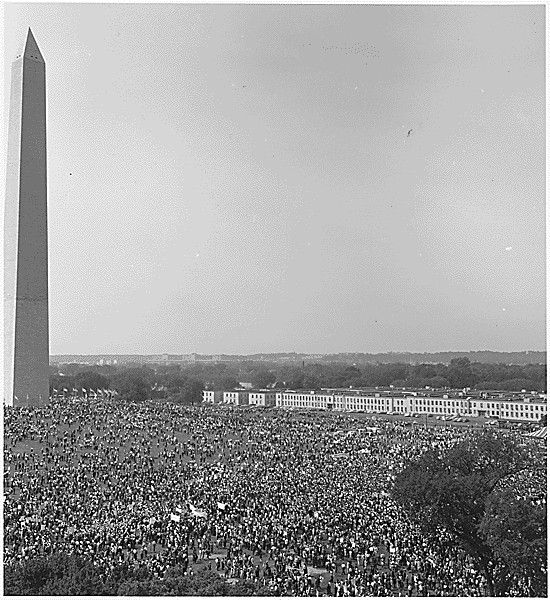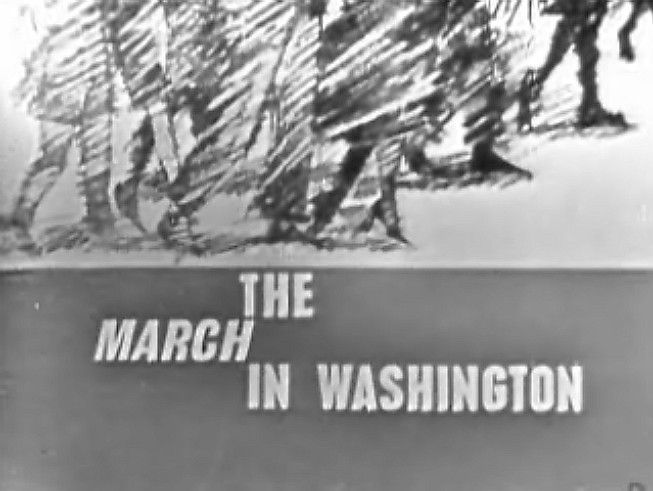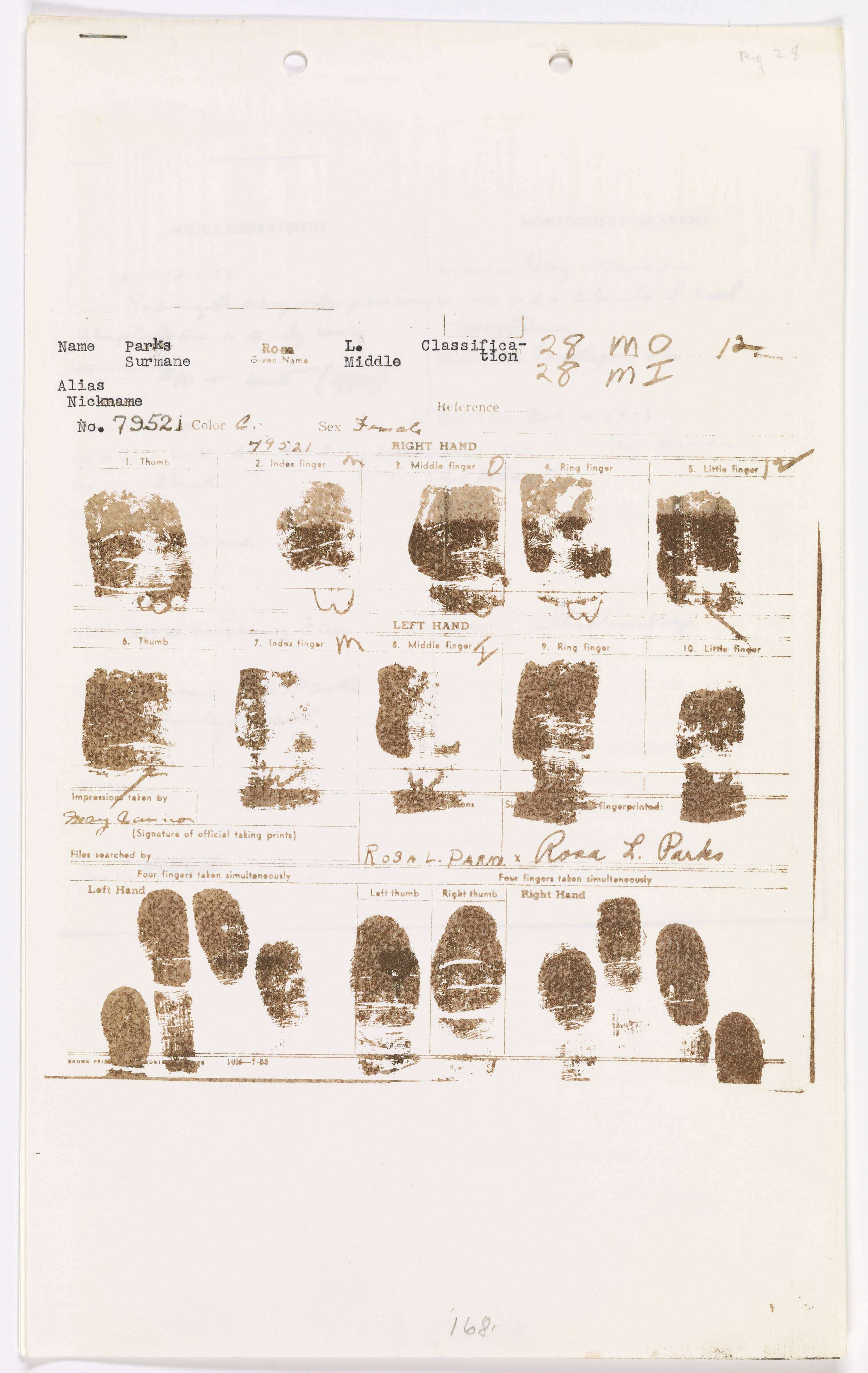Examining Civil Rights Documents 1
Seeing the Big Picture
All documents and text associated with this activity are printed below, followed by a worksheet for student responses.Introduction
The following set of documents relate to the Civil Rights Movement that occurred in the United States in the 1950's and 1960's. Read, examine, and study each of the following documents in order to match them with the correct text that corresponds to each one. As you make a match, keep track of each one, as you will need it for your follow up Discussion Post.Name:
Class:
Class:
Worksheet
Examining Civil Rights Documents 1
Seeing the Big Picture
Examine the documents and text included in this activity. Consider how each document or piece of text relates to each other and create matched pairs. Write the text or document number next to its match below. Write your conclusion response in the space provided.1
2
3
1
Activity Element

2
Activity Element
This woman, through a simple act of refusing to give up her seat on the bus, became known as the "mother of the Civil Rights Movement".
3
Activity Element

4
Activity Element
For many people, this event signified the crowning acheivement of the Civil Rights Movement. Martin Luther King Jr would give his most famous speech at this event.
5
Activity Element

6
Activity Element
The Civil Rights Movement was not an exclusively "black" movement.
Culminating Document
Civil Rights March on Washington, D.C. [Aerial view of Washington Monument showing marchers.]
8/28/1963
This primary source comes from the Records of the U.S. Information Agency.
National Archives Identifier: 541997
Full Citation: Civil Rights March on Washington, D.C. [Aerial view of Washington Monument showing marchers.]; 8/28/1963; Records of the U.S. Information Agency, . [Online Version, https://docsteach.org/documents/document/civil-rights-march-on-washington-dc-[aerial-view-of-washington-monument-showing-marchers], May 6, 2024]Civil Rights March on Washington, D.C. [Aerial view of Washington Monument showing marchers.]
Page 2

Conclusion
Examining Civil Rights Documents 1
Seeing the Big Picture
These are just a few of the major events that defined the Civil Rights Movement in the United States. It was a movement that was fought in every state, city, and town. Take a screenshot of your results and then complete the following in Schoology. Choose two of the matches you made today and answer the following for each: 1. What was the match? (ex. Martin Luther King Jr.'s Photo and Copy of the Speech) 2. What role did this person/place/thing play in the Civil Rights Movement?Your Response
Document
The March in Washington
8/1963
This film includes scenes from the March on Washington in August 1963. Footage includes people walking up the sidewalk, gathering on the Washington Mall, standing, and singing.
At the Lincoln Memorial and Washington Monuments, crowds gather and people march with signs, and many men wearing United Auto Worker hats. People are seen gathering at the speakers' podium, including men with guitars. Crowds form outside the White House with a sign reading "The Catholic University of America." Many other signs are shown, including those that read "All D.C. Wants to Vote! Home Rule for D.C.," "Alpha Phi Alpha," and "Woodstock Catholic Seminary for Equal Rights."
At the Lincoln Memorial, crowds gather around the reflecting pool, and people are shown singing and clapping at the speakers' platform as folk singer Joan Baez performs. Close-ups depict several people in the crowd with bowed heads. Speakers at the podium include Rev. Martin Luther King, Jr., and the crowd is seen swaying and holding hands as the spiritual "We Shall Overcome" is sung.
You can also watch this video in our main National Archives online catalog.
At the Lincoln Memorial and Washington Monuments, crowds gather and people march with signs, and many men wearing United Auto Worker hats. People are seen gathering at the speakers' podium, including men with guitars. Crowds form outside the White House with a sign reading "The Catholic University of America." Many other signs are shown, including those that read "All D.C. Wants to Vote! Home Rule for D.C.," "Alpha Phi Alpha," and "Woodstock Catholic Seminary for Equal Rights."
At the Lincoln Memorial, crowds gather around the reflecting pool, and people are shown singing and clapping at the speakers' platform as folk singer Joan Baez performs. Close-ups depict several people in the crowd with bowed heads. Speakers at the podium include Rev. Martin Luther King, Jr., and the crowd is seen swaying and holding hands as the spiritual "We Shall Overcome" is sung.
You can also watch this video in our main National Archives online catalog.
This primary source comes from the Records of the U.S. Information Agency.
National Archives Identifier: 49737
Full Citation: Motion Picture 306.3394; The March in Washington; 8/1963; Moving Images Relating to U.S. Domestic and International Activities, 1982 - 1999; Records of the U.S. Information Agency, ; National Archives at College Park, College Park, MD. [Online Version, https://docsteach.org/documents/document/the-march-on-washington, May 6, 2024]The March in Washington
Page 2

Document
Fingerprint Card of Rosa Parks
12/1/1955
This fingerprint card of Rosa Parks was produced in association with her arrest for refusing to obey orders of a bus driver on December 1, 1955, in Montgomery, Alabama.
It comes from the civil suit Browder vs. Gayle filed in U.S. District Court, challenging the constitutionality of the Montgomery and Alabama segregation laws. The plaintiffs in the case were Aurelia Browder, who was forced to give up her seat on a Montgomery city bus on April 29, 1955; Claudette Colvin, who had been arrested for refusing to give up her seat on a bus on March 2; and two other women, Mary Louise Smith and Susie McDonald. Their arrests, along with Rosa Parks's in December, inspired Montgomery’s black community and the Women’s Political Council to plan the Montgomery Bus Boycott.
The U.S. District Court ruled in favor of the plaintiffs. The Supreme Court upheld the lower court’s decision, legally ending racial segregation on public transportation in the state of Alabama and ending the Montgomery Bus Boycott after 381 days.
It comes from the civil suit Browder vs. Gayle filed in U.S. District Court, challenging the constitutionality of the Montgomery and Alabama segregation laws. The plaintiffs in the case were Aurelia Browder, who was forced to give up her seat on a Montgomery city bus on April 29, 1955; Claudette Colvin, who had been arrested for refusing to give up her seat on a bus on March 2; and two other women, Mary Louise Smith and Susie McDonald. Their arrests, along with Rosa Parks's in December, inspired Montgomery’s black community and the Women’s Political Council to plan the Montgomery Bus Boycott.
The U.S. District Court ruled in favor of the plaintiffs. The Supreme Court upheld the lower court’s decision, legally ending racial segregation on public transportation in the state of Alabama and ending the Montgomery Bus Boycott after 381 days.
This primary source comes from the Records of District Courts of the United States.
National Archives Identifier: 641627
Full Citation: Fingerprint Card of Rosa Parks; 12/1/1955; Aurelia S. Browder et al. v. W. A. Gayle et al., No. 1147; Civil Cases, 9/1938 - 11/26/1968; Records of District Courts of the United States, ; National Archives at Atlanta, Morrow, GA. [Online Version, https://docsteach.org/documents/document/fingerprint-card-of-rosa-parks, May 6, 2024]Fingerprint Card of Rosa Parks
Page 1

Document
Photograph of the Civil Rights March on Washington
8/28/1963
This photograph shows participants at the March on Washington for Jobs and Freedom on August 28, 1963. The event brought hundreds of thousands of marchers to the National Mall in Washington, DC, to support civil rights for African Americans.
This primary source comes from the Records of the U.S. Information Agency.
National Archives Identifier: 542044
Full Citation: Photograph 306-SSM-4D-73-10; Photograph of the Civil Rights March on Washington; 8/28/1963; Miscellaneous Subjects, Staff and Stringer Photographs, 1961 - 1974; Records of the U.S. Information Agency, ; National Archives at College Park, College Park, MD. [Online Version, https://docsteach.org/documents/document/we-march, May 6, 2024]Photograph of the Civil Rights March on Washington
Page 1

